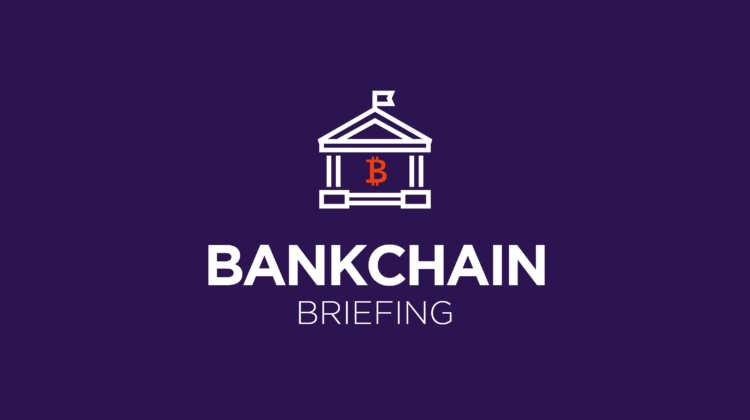Blockchain and Crypto, Member Exclusive
Bankchain Briefing: How crypto firm Blockdaemon is bucking the “crypto bro” trend
- This week, we explore the current state of gender equality in the crypto industry, and what firms in the space can do to counter the long-standing “crypto bro” trend and make way for a more egalitarian future.
- We also discuss the current state of crypto regulation in the US, and look at how the lack of regulatory clarity is impacting the growth of the industry.








